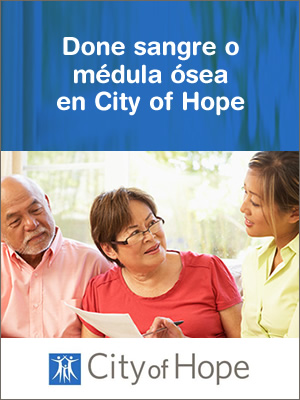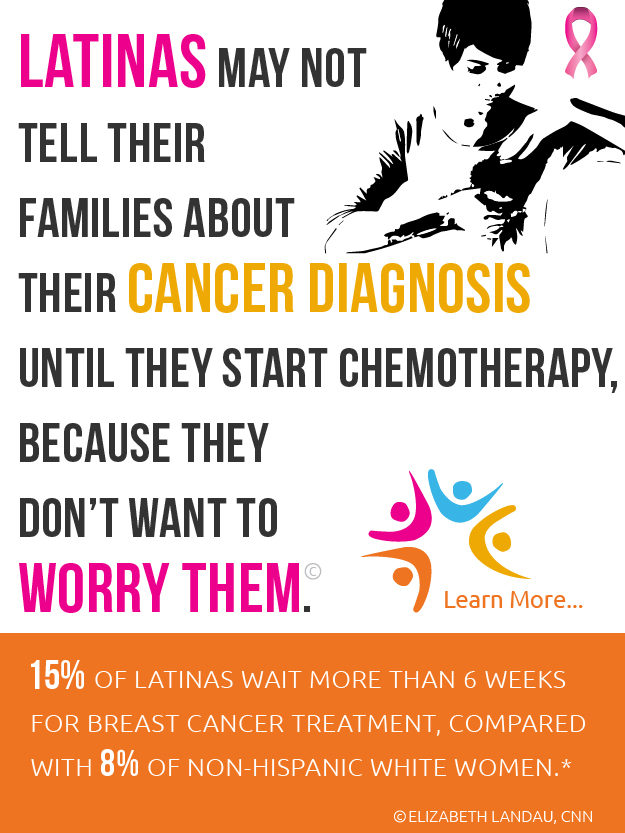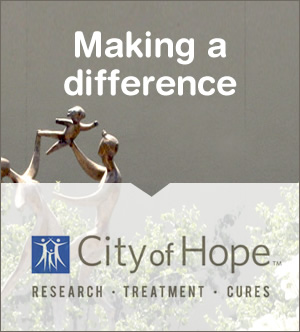A longtime Naples, Fl resident, Dr. Hudson is currently head of breast imaging for NCH Outpatient Centers, working primarily at the South Women’s Center.
Part of Hudson’s daily routine includes giving results to patients who came for mammograms and then answer their questions, which in many cases are not radiology related but about other health issues. Questions such as how to prevent breast cancer and if diet really matters.
At first, these questions left Hudson frustrated, making him realize that his conventional medical training did not include enough information on how to prevent illness through healthy lifestyles. He had to do his own research.
Over the years, he developed a special interest in health and wellness, especially as it relates to cancer and cancer prevention.
Hudson authored “Journey to Hope” in response to the questions that his practice as a diagnostic radiologist brought him.
He has become an internationally acclaimed public speaker and his book, which contains empowering information on cancer prevention and prevention of recurrence, has become a best-seller.
Before you opt for a mastectomy…
“When people ask me about preventative mastectomy, I caution them,” Hudson said. “Be careful before you run out and do testing.”
Hudson strongly believes that women need to be educated on cancer risk but especially on how to prevent it.
Actually, three out of four women who develop breast cancer have no family history. When they look at possible environmental contributing factors, they blame themselves. They wonder, “Did I do this to myself?”
But women who eat right, who exercise, also get cancer.
“Even the family history part,” Hudson, said, “if you grow in the same house, you eat the same foods, you’re exposed to the same environmental factors, the same way of dealing with stress, not everyone develops cancer.”
Hudson believes we are responsible for our health only to a point, that even if you avoid the toxins you know about, there are many more in the environment.
Awareness is good, fear is not
“It’s good that the medical community raise awareness about breast cancer and about early detection, but the problem is their campaigns also raise fear,” Hudson said. “Women see a higher risk than there is, and this on itself increases the risk of cancer.”
In the United States, the risk of getting breast cancer is 1 in 8 but for most women the risk is a lot lower than that. And women do not know that, Dr. Hudson explains.
In the general population, 12 percent of women develop breast cancer. However, 55 to 65 percent of those who inherit certain harmful BCR1 mutation and around 45 percent of women who inherit a harmful BRCA2 mutation have a chance of developing breast cancer by age 70.
Only women with a family history of breast cancer that suggest the presence of the above gene mutations are recommended to go for the lab test.
Jolie’s “brave decision” as her surgeon Dr. Kristi Funk called her choice of a double mastectomy, might actually have inspired other women to follow her same path after learning they carry a BRCA1 or BRCA2 gene mutations.
Notwithstanding, Dr. Hudson considers that it is also brave not to go for the mastectomy after a positive result.
You expect to get cancer, you get cancer?
“A positive test might increase by itself the odds of later developing cancer,” he said.
“Cancer is very much a seed in the soil phenomena. The soil is the body. We produce cancer cells all the time. A healthy functioning immune system takes care of that. It’s the soil; that is the key to health.”
Twenty years ago, Hudson learned that a woman who used to work with him had been diagnosed with breast cancer. She had a strong family history.
He approached her with an open heart, “I wonder what must have been like to have always worried that you might have cancer someday because it runs in your family?”
Her answer left him thinking. “I was not really worried,” she had said. “I just knew that someday I’d get it.”
“It struck me,” Dr. Hudson said. “How does the body respond to thinking that you are going to get a disease someday?”
Hudson believes that people’s beliefs impact their health.
“Those who kind of expect to get sick, often get sick,” he said.
Prophylactic mastectomy is not the only option
“Think of the ramifications of fearing that,” Hudson said. “Women need to know that not everyone who has the gene mutation gets the cancer.”
In his book, Hudson invites women to leave fear behind and to understand that cancer can be prevented.
“The issue I have with the way the medical community approaches breast cancer is that they talk about prophylactic mastectomy but don’t offer any other options, which is what my book is about,” Hudson said.
He believes there are other ways to decrease the risk of breast cancer other than mastectomy.
“This might be the right decision for some women; it’s a totally individual decision. What I’m saying is they should be fully informed and educated. Women should know that mastectomy cuts the risk by 90 percent but exercising four times a week can cut the risk by 50 percent – without a mastectomy.”
Imagery, positive thinking to cut risk of breast cancer
Dr. Hudson is a faculty member of the Center for Mind-Body Medicine and believes in a mind-body-spirit approach to breast health.
Besides exercising and eating healthy, Dr. Hudson recommends other strategies such as the use of visualization to decrease the risk and even combat breast cancer.
Negative thoughts do not help at all. Hudson thinks that people’s beliefs impact their health.
“We have a great deal of influence over our body,” Dr. Hudson said. “More than we ever imagined. People feel that they’re doomed… they are not. Epigenetics tells us it’s not the genes that you have. There is this other genetic material that sits on top of the genes, that turn the genes on and off.”
On the long run it’s a matter of which genes are expressed.
Spreading the message of self-care and prevention to women concerned about their risk of breast cancer has become the focus of Hudson’s career. He counsels women one-on-one on these matters, including how the mind-body connection impacts their cancer journey.












Post your Comment
Please login or sign up to comment
Comments